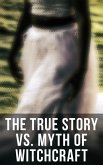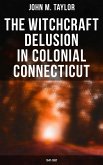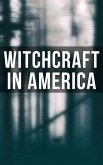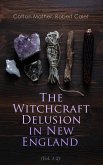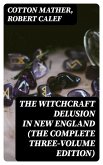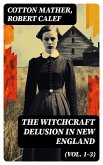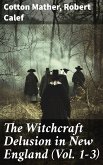The anthology 'The Witchcraft in New England' presents a profound exploration of the early American witch trials, weaving together a complex tapestry of perspectives from two pivotal figures: Cotton Mather and Robert Calef. These works embody the tension between superstition and skepticism, capturing the socioreligious fervor of 17th-century New England with its diverse literary styles - from fervent sermons to critical accounts. The collection not only delves into the historical events but also offers a nuanced examination of the themes of belief, power, and justice, providing invaluable insights into a tumultuous period of American history. The contributing authors, Mather and Calef, stand on diametrically opposed sides of the witchcraft discourse, representing significant ideological divides of their time. Mather, a clergyman, supported the witch trials, while Calef, a merchant and writer, criticized the trials' legitimacy and Mather's role in them. This contrast enriches the anthology, painting a broader picture of the intellectual and cultural battles that defined early colonial society and contributed to shaping modern approaches to justice and scientific inquiry. 'The Witchcraft in New England' offers readers a unique scholarly opportunity to delve into an era of conflict and transition. Readers are encouraged to explore these texts to gain a fuller understanding of how historical narratives are shaped by those who write them and to appreciate the rich dialogue between contrasting viewpoints. This collection is particularly recommended for those interested in American history, legal studies, and the evolution of societal beliefs about the supernatural.
Dieser Download kann aus rechtlichen Gründen nur mit Rechnungsadresse in A, B, BG, CY, CZ, D, DK, EW, E, FIN, F, GR, H, IRL, I, LT, L, LR, M, NL, PL, P, R, S, SLO, SK ausgeliefert werden.



